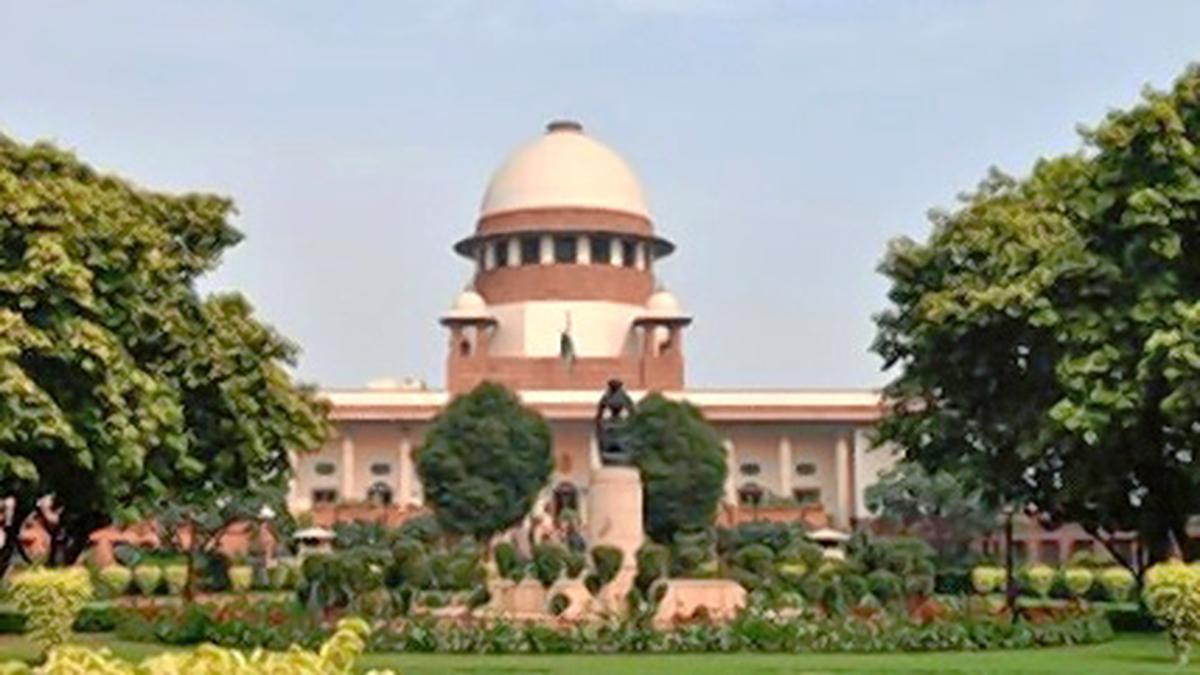 |
|
The Supreme Court of India has intervened in a land dispute in Gujarat, halting the state government's attempt to transfer land in the Gir Somnath district to any third party. This action comes in response to claims from the local Muslim community who allege that demolitions of their religious structures were conducted illegally. The court has ordered the land to remain under government control until the next hearing scheduled for November 11, 2024.
The Auliya-e-Deen Committee, representing the Muslim community, had petitioned the court, asserting that the land in question was Waqf property. They argued that nine Muslim religious places of worship, graveyards, and hutments, some of which were designated as protected monuments, were demolished by the authorities despite previous Supreme Court orders on September 17 and October 1 that froze “illegal demolitions” of a communal or retributive nature across the country. The committee alleged that the affected individuals were not given an opportunity to remove their belongings prior to the demolitions.
The committee's petition states that the land, spanning over 55 acres, had been in possession of the Muslim community for over a century. They claimed that the land was originally allocated to them by the former princely State of Junagadh for use as a graveyard (qabarastan). They further pointed out the presence of seven Muslim places of worship, including dargahs, a masjid, and an eidgaah, along with two other places of worship granted through a sanad (deed), totaling nine religious structures. According to the committee, notices were issued on September 12 regarding the demolition of these structures under the Gujarat Land Revenue Code, 1879, seeking the revision of mutation entries dating back to 1947.
The committee argued that they had requested time to provide documentation supporting the mutation entries, which were being sought to be revised after a period of 75 years. However, they alleged that representatives of the committee were detained by the authorities on September 27 and 28, and the demolitions of all nine religious places were carried out along with other graves and hutments without allowing the affected individuals to remove their belongings, including religious scriptures and holy books. The Gujarat government, represented by Solicitor-General Tushar Mehta, countered the allegations, stating that the petition was part of a “narrative-building” exercise and that the land belonged to the government. Senior advocate Kapil Sibal, representing the committee, argued that the land was registered under the Waqf Act and that the demolition of protected monuments was unacceptable.
The court, while halting the land transfer, stated that proceedings in the State High Court on the matter would continue. The Supreme Court's decision highlights the ongoing land disputes and the sensitivity surrounding religious structures and community rights in India. This case further underscores the role of the judiciary in protecting the rights of religious minorities and ensuring that demolitions are carried out in accordance with due process and legal frameworks.
Source: SC bars Gujarat government from allocating Gir Somnath lands to third party for now
